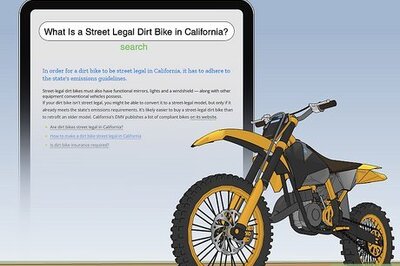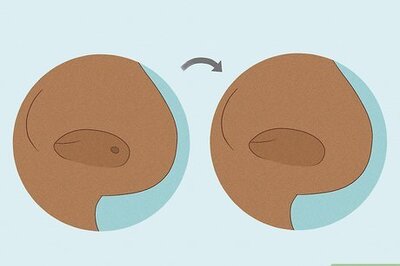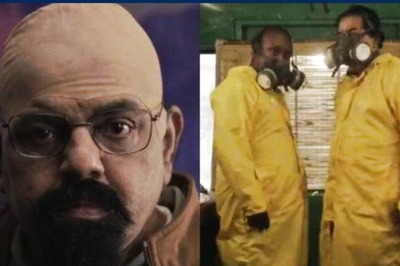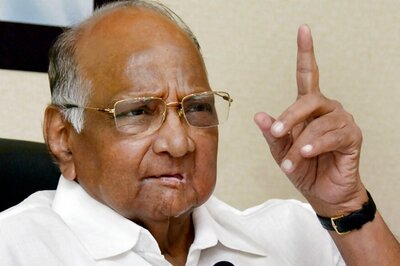
views
BANGALORE: The Karnataka High Court today granted conditional bail to former Chief minister B S Yeddyurappa in a corruption case relating to alleged irregularities in denotifying lands.Yeddyurappa has been given bail in the third private complaint against him and his bail application in the fourth private complaint has been posted for orders in the afternoon.In the event of the court also allowing his bail plea in the fourth complaint, Yeddyurappa may walk free out of the jail.While allowing him bail in the third private complaint, Justice B V Pinto directed him to furnish a surety for Rs five lakh and not to tamper with evidence.Yeddyurappa is in judicial custody for the last 20 days which was granted by a Lokayukta court before which the case is pending.The Lokayukta court had earlier dismissed the bail application of Yeddyurappa, against whom it had issued summons in two private complaints regarding alleged irregularities in denotification of government land for pecuniary gains.Facing arrest, Yeddyurappa had surrended before the Lokyukta court, where advocate Sirajin Basha had filed the complaints.Yeddyurappa, his two sons-- B Y Raghavendra, a Lok Sabha memebr and B Y Vijendra and son-in-law R N Sohan Kumar have also moved applications seeking anticipatory bail in three other private complaints in which they have been named as accused by Basha.Their pleas are being heard by Justice Billiappa today.In another development, Lokayukta Special Court today extended the judicial custody of Yeddyurappa and former minister S N Krishnaiah Setty till November 15. Judge N K Sudhindra Rao extended the judicial custody of both, as it ended today.While Setty was produced before the court, jail authorities had not produced Yeddyurappa, at which the judge took objection.The court issued a notice to the Superintendent of the Bangalore central prison seeking explanation for the reasons for not producing Yeddyrappa before the court and declined to accept the plea that lack of police personnel as the reason.All the other accused in the fourth private complaint were present before the court and in the third complaint four accused filed application seeking exemption from personal appearance.



















Comments
0 comment